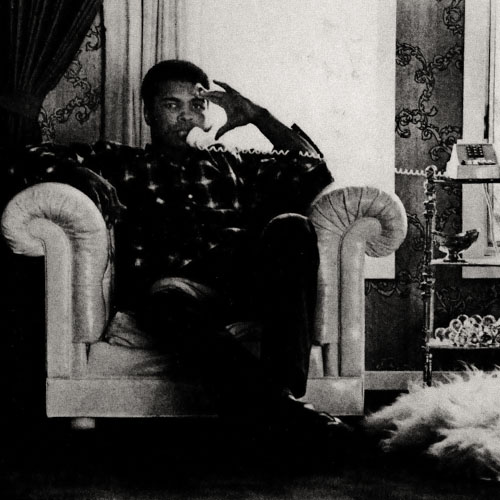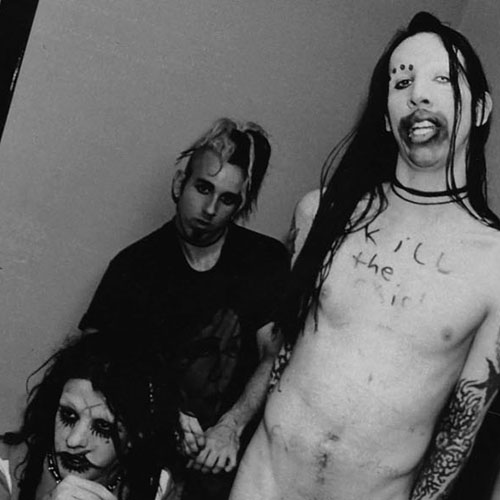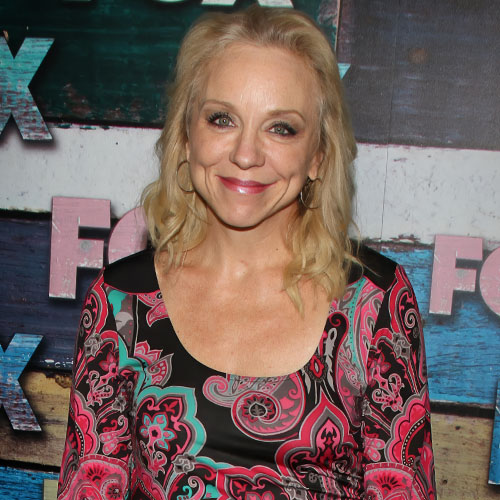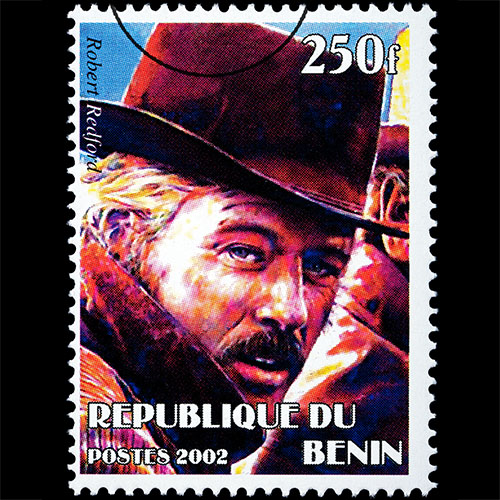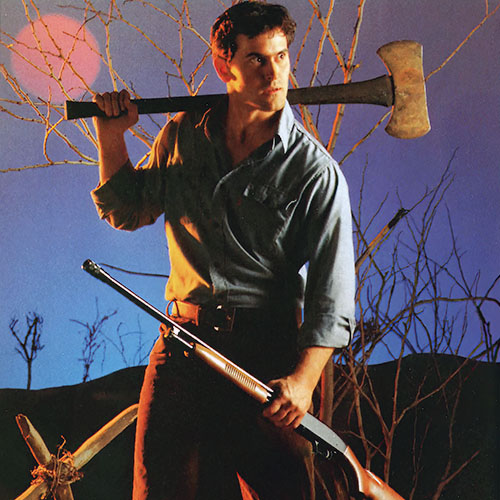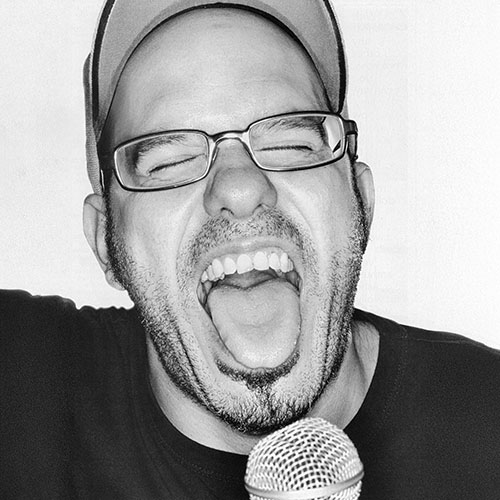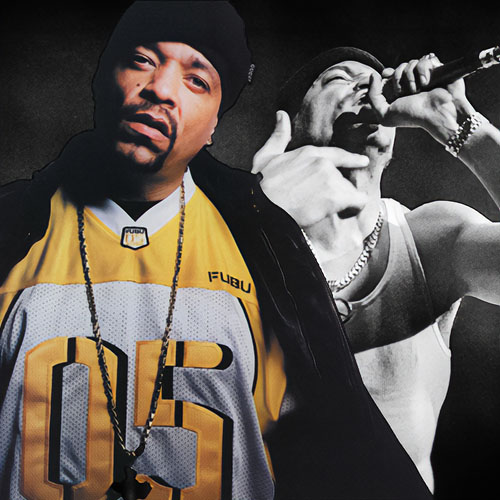Dramatic License
Roland Emmerich maybe the only current A-list director who’s never made a sequel to one of his international blockbusters, but then, special-effects-laden disaster flicks like Independence Day, The Day After Tomorrow, and 2012 don’t really lend themselves to the customary Hollywood sequel. But now the German filmmaker has directed the kind of small, personal movie that a caustic character in one of his epics might mock.
ls Anonymous a film you’ve wanted to make for a while, or material you were recently attracted to?
The script actually came to me as a writing sample when I was looking for someone to write The Day After Tomorrow with me. I’ve been trying to get it made since then. The original script was entitled A Soul of the Age, and it centered only on the relationship between [Ben] Jonson and Shakespeare. It didn’t have the intrigue or intricate relationships that the film now contains. I didn’t want it to be Amadeus. I wanted it to be something else, rather than just an examination of whether the Bard wrote his own plays.
Why do you think the topic will excite today’s primarily young film audience?
Shakespeare is still the most played author, especially in English-speaking countries around the world. I suspect more movies have been made of his plays than any other author’s. I believe Shakespeare deserves this kind of work. I think today, in modern literature, the more you know about the author is a good thing. What is known about Shakespeare is, he was an ordinary man who never left a play for posterity in his own handwriting, whereas the Earl of Oxford, whom I suspect was the actual author, was an educated man of the arts. I was amazed at the amount of material that exists on this. In the film, however, I let the audience come to its own conclusions.
Why is Hollywood hesitant to make intimate dramas like Anonymous?
It’s a matter of economics. The blockbuster film can globally make the studios a lot of money. Low-budget films, or what the industry calls “small pictures,” can also make them money, but studios claim the mid-range-budgeted movies can no longer be profitable because the audience for drama is limited. The answer is to make movies like Anonymous or The King’s Speech for as little money as possible.
What initially attracted you to the mega-budget films that you’re famous for?
When I was in film school in Munich, Germany, I was always drawn to these kind of films and horror films. While my classmates wanted to be [director] Wim Wenders, I wanted to be like my cinema heroes Steven Spielberg or John Carpenter. As I got older, I became interested in other stuff, like The Patriot. Yet I still wanted to make movies that took international audiences on a thrill ride, which is a cool thing for a director to create. On the other hand, the older I get the more interested I am in serious topics.
What films influenced you?
As a teenager, my two absolute favorite films were The Poseidon Adventure and The Towering Inferno. When I was writing Independence Day, we looked at The Towering Inferno and took a lot of pointers from it. For example, in our film Will Smith comes on halfway through the film like Steve McQueen, who played a fire chief, does in that picture. Will comes on when our story needs pilots to stop the menace, and Steve appears when the fire becomes difficult to control. Both films had a lot of equal plot points, such as a high body count, ordinary people responding heroically, and a crisis slowly, then rapidly, getting out of control. Independence Day is actually more of a disaster movie than a science-fiction film.
Were you ever under any pressure to do an Independence Day sequel?
Dean Devlin, my coproducer, and I are constantly talking about it. We’ve come up with a good idea, but it’s hard because the first one stands alone by itself. It might be fun to revisit the characters 20 years later and rebuild Earth. Everybody always misunderstood the film. It was about a king going into the fight and leading the people — his knights — into battle against a seemingly invincible foe. I see Will Smith as possibly the president if we do it again, an active chief executive who takes charge in the attack. I guess I can say it now, but the film’s financiers never wanted Will to star in the movie. I can’t tell you the reasons, other than they thought he was just a television actor. You’d be surprised how many stars the studios haven’t wanted for my films that I had to forcefully fight the executives to approve.
How hard is it today to get audiences to accept a film like 2012, when this year alone the world has experienced almost every natural disaster?
When disaster films are done right they are incredibly successful, because everyone on the planet has experienced some kind of natural disaster. With the whole climate change going on, the disasters will only be getting bigger and the disaster films will then have to get bigger so they are believable.
What was your worst-reviewed film and, in retrospect, were the criticisms justified?
Godzilla. The critics were only half correct. I now meet a lot of people who were six at the time and told me it was their favorite film. We made a mistake hiding the monster in the pre-publicity and then unveiling it with the film. Audiences were taken aback by the thing that just didn’t look like the legendary monster. The movie couldn’t live up to its hype and it wasn’t scary enough.
Did Mel Gibson display any bad behavior when you directed him in The Patriot?
Not at all. He was the most professional, nicest man I ever met. Yeah, he was a little crazy once in a while, but more in a joking way. Mel was never in his trailer, and instead played Scrabble with his makeup person until it came time to do a shot. I was nervous because I think he’s a great director.
I was always worried he’d try to direct himself, but instead all he wanted to know was where I wanted him to stand and where I wanted him to walk to. He amazed me in that he was always joking with the crew and then the next moment, on cue, he could cry for the camera.
Mel did a lot of funny stuff. One day I was waiting for the troops to come charging over the hill after I yelled, “Action!” and local high school cheerleaders, whom Mel had hired, came in waving their pom-poms and yelling, “Happy birthday, Roland!”
I think sometimes when somebody has done something really bad — and I think Mel has said some bad things — other people jump on top of them to try to put them down further. I would go to parties and hear that Mel’s a drunk, an anti-Semite, but I personally never experienced that with him.
Do you think Gibson is now unofficially blacklisted in Hollywood?
I really don’t know. Mel is such a talented man. Ten years from now, you watch, he’ll make a movie that will blow people away, and people will ask themselves why they didn’t hire him.
“Shakespeare was an ordinary man who never left a play for posterity in how own handwriting.”
Do you think Hollywood is making too many sequels, reboots, and comic-book-based movies?
Definitely. They are destroying film as an art form. I don’t watch those movies unless three or four of my friends say I should see a particular film. I like smaller independent films where you can learn something from the story and direction. Most of the type of films you asked about are done by committee, and the general result is, you can’t tell them apart.
How can Hollywood make better pictures?
The Hollywood system has to crash. It has to experience a change like it did in the late sixties when Easy Rider and The Graduate came out. People back then wanted to see movies about America and the rapidly changing world around them, made by risk-taking filmmakers. That revolution lasted a little over a decade, and now it’s time to revisit that style of filmmaking.
Why isn’t there sex or nudity in your films?
I’m basically a private person, and I don’t like seeing those things on the screen. That’s my conservative German upbringing. It’s a fight my parents won.
Could a film like Basic Instinct get made today?
Probably, but at a fraction of what the original cost. It would be a low-budget film with no stars. But you can say that about most sexually themed Hollywood-made movies of the past three decades. Today, they only have a chance to get made if they can be done cheaply, and they would sell the sizzle, not the steak.
When you’re directing a film that costs more than a quarter of a billion dollars to make and market, do you ever ask yourself, What if this film fails?
I ask myself that all the time. That’s the downside to making blockbuster films — the fate of the studio always seems to be riding on your picture. It’s like the whole studio could fail that summer, which is a lot of responsibility for any filmmaker. You should listen to the studio, but then trust your own instincts to make the movie you want to make. I haven’t made a film that’s lost money yet. Knock on wood [gently hits the side of his head and smiles]. Hopefully this won’t jinx Anonymous.
What would be the favorite Roland Emmerich on-set story?
I cast Jaye Davidson [of The Crying Game] as the powerful Egyptian god in Stargate. He had just been nominated for an Academy Award and was kind of difficult. At the end of the film, we shot a flashback scene where he was dressed only in a loincloth, which is what he was wearing when his character got abducted. He had a weird necklace around his neck because he had nipple rings that he refused to take out. He probably was the craziest actor I’ve worked with. Jaye was so nervous about meeting Kurt Russell, who was very nervous to meet Jaye because he had heard so much about him. There was a scene where Kurt and James Spader had to kneel before Jaye, who had very long black hair. Kurt and Jaye had never met, so I told Jaye to just go up to Kurt and introduce himself. Jaye walks over to Kurt, who quickly rises off his knees and kisses Jaye on the mouth! Jaye’s stunned and quickly walks away. Kurt, who is blind as a bat, comes over to me and asks, “What is Cher doing here?”
If Anonymous gets nominated for an Oscar, how will that change your life?
It will probably shut up some of my critics [laughs]. Even if it doesn’t, Anonymous will always be special to me because it shows I’ve gotten better — some critics might say “Finally!” — at my craft.
Roland Emmerich a new movie coming out February 4th 2022 called Moonfall staring Halle Barry, Patrick Wilson, John Bradley, Donald Sutherland, and Michael Pena. In case you want to read about some other interesting people, you can do that without even leaving us. You will need to pop out to seek more information on Mr. Emmerich on facebook, however. People still use that. Who knew?















